Appetite is more than just a simple desire to eat. Rather, it is a complex combination of emotional, behavioral, cognitive and physiological processes in the body, according to The Conversation (Australia).
When we are sick, the biological mechanisms that stimulate us to crave carbohydrates serve the following purposes:
Boost immunity

Changes in your body when you're sick can cause cravings for foods high in sugar and starch.
When a disease attacks the body, the immune system will start to be activated to eliminate the pathogen. Therefore, to function well, the immune system needs more energy. This phenomenon will often lead to an increase in the body's metabolism, pushing up the need for energy and nutrient absorption.
Foods containing sugar and starch are a source of food that provides quick and abundant energy. However, if you eat too much sugar, exceeding the necessary level, it will easily cause inflammation in the body, thereby hindering the recovery process.
Due to stress response
Being sick puts stress on the body. Stress increases adrenaline and cortisol hormones and mobilizes the body's energy to cope with the stressful situation.
Therefore, prolonged stress will disrupt the body's energy balance, causing nutritional deficiencies and stimulating appetite. As a result, the body will crave foods that are high in energy such as starch and sugar.
The brain's reward system
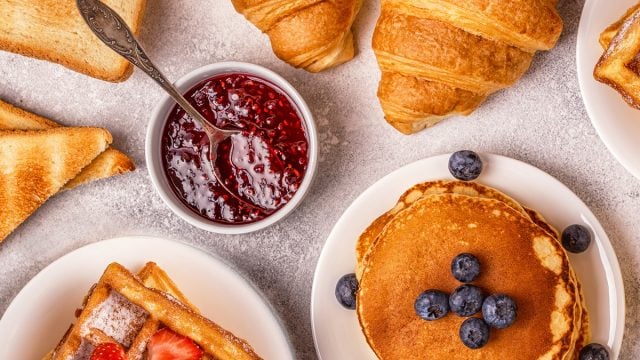
If the patient has no appetite, especially foods high in sugar and starch, it may be because the body is tired, uncomfortable, nauseous or has a change in taste.
Eating foods high in sugar and starch easily activates the reward system in the brain, increasing the secretion of feel-good neurotransmitters such as dopamine and serotonin.
However, not everyone who is sick craves carbohydrates. If a sick person does not crave anything, especially foods high in carbohydrates, it may be because the body is tired, uncomfortable, nauseous or has a change in taste.
Other causes include a slowing down of the body’s metabolism and consuming too much liquid food such as porridge, soup, water or tea. Consuming these foods increases the feeling of fullness and reduces appetite, according to The Conversation.
Source link







![[Photo] Cutting hills to make way for people to travel on route 14E that suffered landslides](https://vphoto.vietnam.vn/thumb/1200x675/vietnam/resource/IMAGE/2025/11/08/1762599969318_ndo_br_thiet-ke-chua-co-ten-2025-11-08t154639923-png.webp)



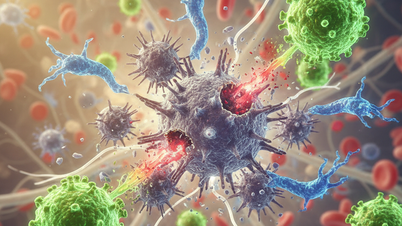


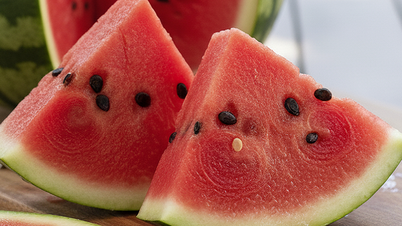




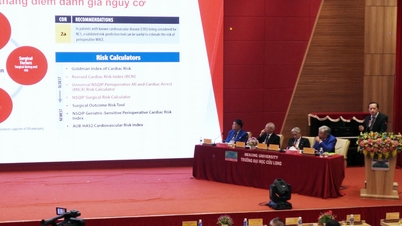



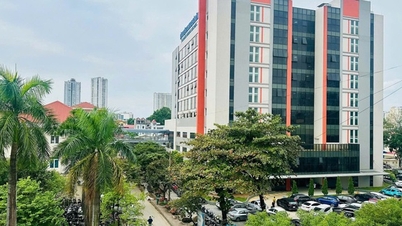

















![[Video] Hue Monuments reopen to welcome visitors](https://vphoto.vietnam.vn/thumb/402x226/vietnam/resource/IMAGE/2025/11/05/1762301089171_dung01-05-43-09still013-jpg.webp)

































































Comment (0)